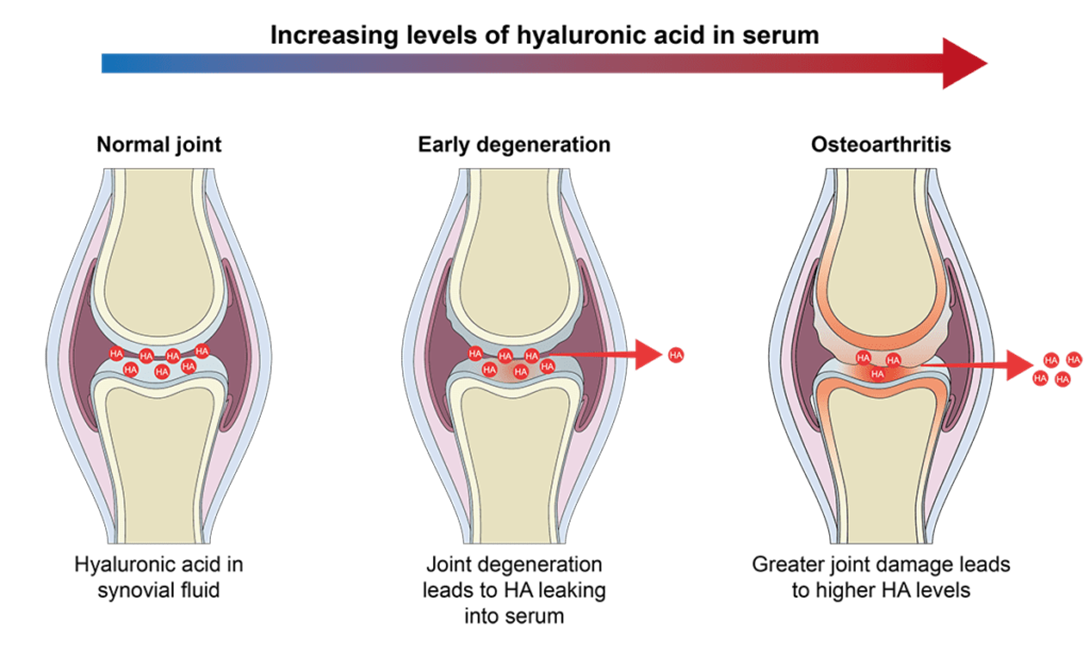The nurse notes that a client with depression has been more withdrawn and noncommunicative during the past two weeks. Which intervention is most important to include in the updated plan of care for this client?
Engage the client in non-threatening conversations.
Encourage the client's family to visit more often.
Schedule a daily conference with the social worker.
Encourage the client to participate in group activities.
The Correct Answer is A
Choice A reason: Engaging in non-threatening conversations can help the client feel more comfortable and may encourage communication, which is crucial for clients who are withdrawn due to depression.
Choice B reason: Family visits can be supportive, but the client's withdrawal suggests a need for more direct intervention to encourage communication.
Choice C reason: Scheduling a conference with a social worker is important, but it is not the most immediate intervention for a withdrawn client.
Choice D reason: Group activities may be overwhelming for a client who is noncommunicative and may not be the most suitable initial approach.

Nursing Test Bank
Naxlex Comprehensive Predictor Exams
Related Questions
Correct Answer is C
Explanation
Choice A reason: Decreased bowel sounds may be associated with cirrhosis due to altered digestion but do not directly correlate with weight gain.
Choice B reason: An increased respiratory rate can be a sign of many conditions, including fluid overload, but it is not a specific indicator of weight gain due to fluid accumulation.
Choice C reason: Increased abdominal girth is a common sign of ascites, which is fluid accumulation in the abdomen often seen in cirrhosis, correlating with the reported weight gain.
Choice D reason: Decreased level of consciousness may indicate hepatic encephalopathy in cirrhosis patients but does not directly correlate with the weight gain described.

Correct Answer is B
Explanation
Choice A reason: Reducing the risk for infection is important but not the primary goal for DJD as it is not primarily an infectious condition.
Choice B reason: Achieving satisfactory pain control is the primary goal in the management of DJD to improve the client's quality of life and functional ability.
Choice C reason: Obtaining adequate rest and sleep is beneficial for overall health but is secondary to pain control in the management of DJD.
Choice D reason: Improving stress management skills can help with overall well-being but is not the primary focus of care for a client with DJD.

Whether you are a student looking to ace your exams or a practicing nurse seeking to enhance your expertise , our nursing education contents will empower you with the confidence and competence to make a difference in the lives of patients and become a respected leader in the healthcare field.
Visit Naxlex, invest in your future and unlock endless possibilities with our unparalleled nursing education contents today
Report Wrong Answer on the Current Question
Do you disagree with the answer? If yes, what is your expected answer? Explain.
Kindly be descriptive with the issue you are facing.
